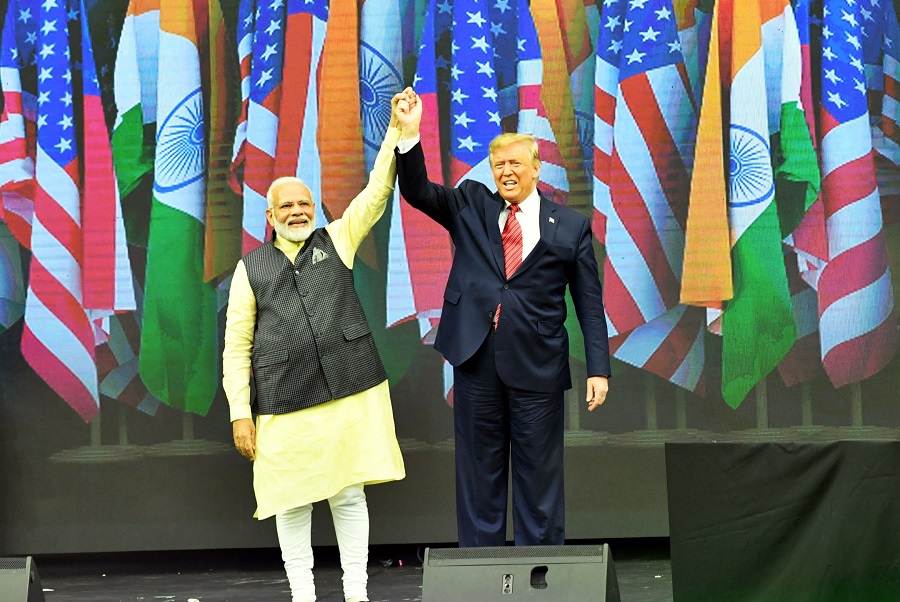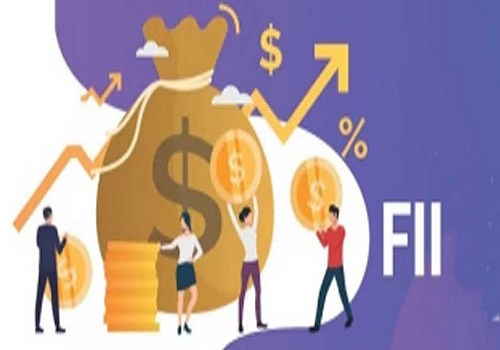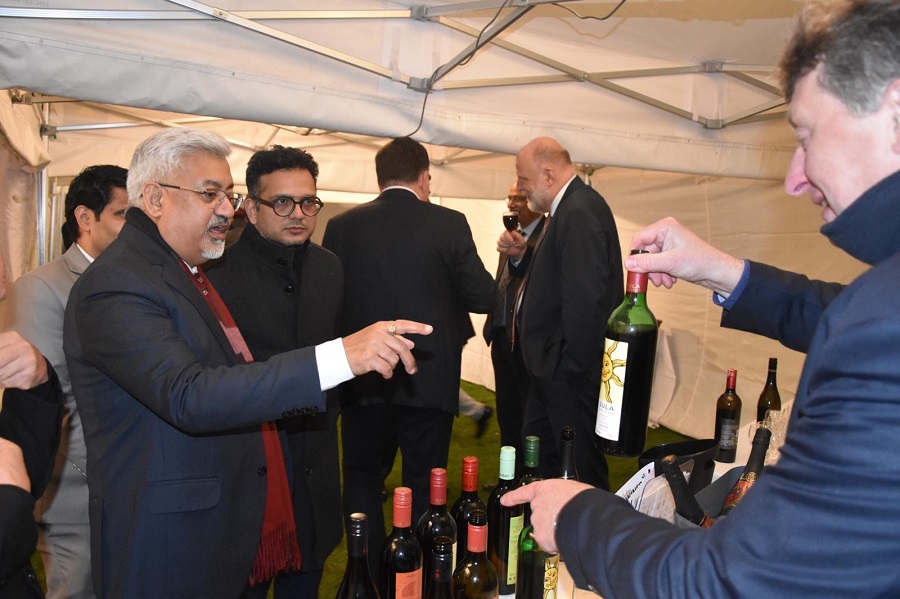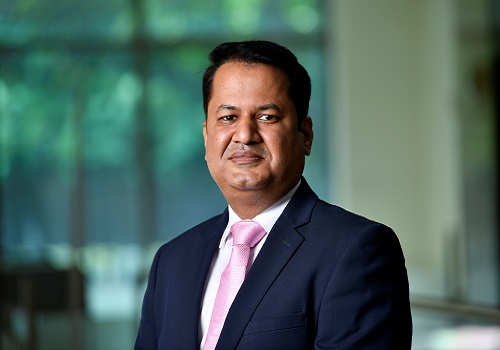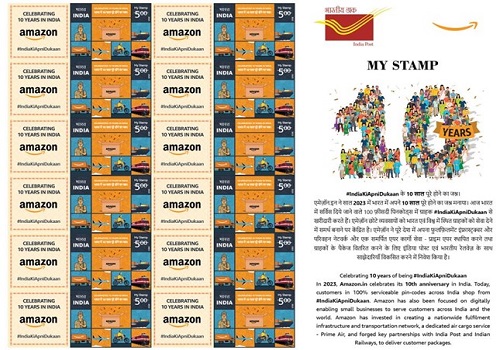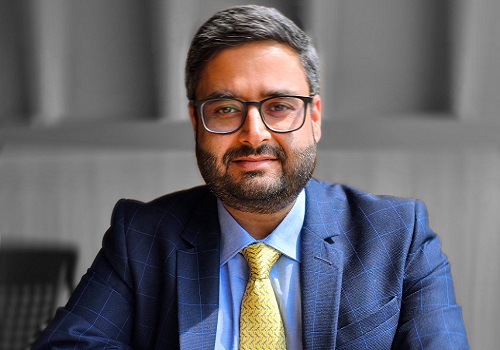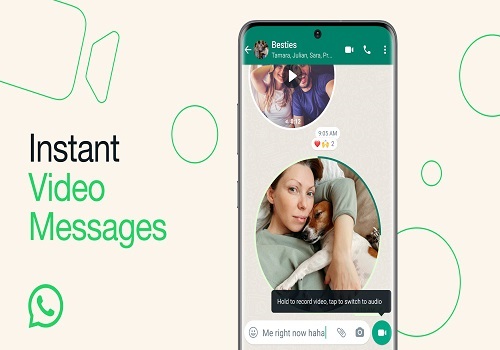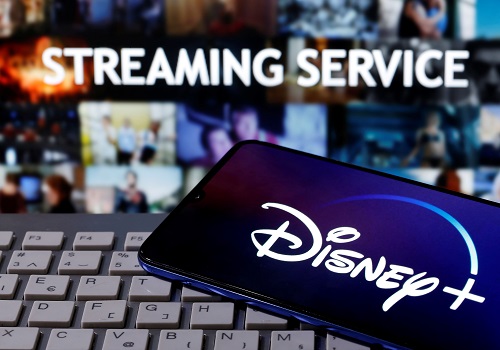Course to success: Coursera`s CEO on the value of lifelong learning
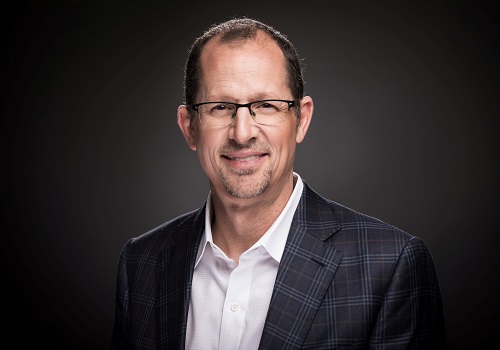
Follow us Now on Telegram ! Get daily 10 - 12 important updates on Business, Finance and Investment. Join our Telegram Channel
NEW YORK - Jeff Maggioncalda, CEO of online education provider Coursera, knows what it is like to put his professional life on pause.
In 2015, Maggioncalda took a break from working in financial services and ended up traveling the world with his wife for two- and-a-half years, spending four weeks at a time in South Africa, China, Southeast Asia and more.
“We drove from Berlin to Munich. We went through all the Indonesian islands. We went to Komodo and saw komodo dragons - it was really extraordinary,” said Maggioncalda, 52, whose Mountain View, California-based company has offered online courses and degrees from universities and experts to more than 75 million people.
And what did he take away from the journey that is applicable now?
“I realized I'm a learner,” said Maggioncalda, who joined Coursera in 2017. “Adopting a growth mindset, being open-minded, being curious, being open-hearted to new people and new ideas and learning is important right now. The world is going to look fundamentally different - and that will help you become a pioneer in the new normal.”
Maggioncalda shared his thoughts on the course to success with Reuters. Edited excerpts are below.
Q. What courses can help people the most professionally right now?
A. If you don't feel centered, confident, loved and supported, you’re not going to be very productive. Taking care of your mental and physical health is the foundation for good performance and a strong career.
On Coursera, I’d suggest “The Science of Well-Being,” which is all about how we make choices that make us happier and mentally healthier, and “Finding Purpose and Meaning in Life,” which is about how to find a centered, meaningful path in a chaotic life.
And then I’d suggest “AI For Everyone,” which teaches everyone with any background the basics of AI.
Q. What will help us stay ahead of the curve?
A. Employers are going to be looking for employees who are well-balanced and multidisciplinary - people who know about a number of different domains.
Try to develop a balanced skill set. Make sure you can increasingly communicate visually, with data. Learn basic data fluency skills, math, statistics, computers - G Suite, Microsoft, the basics of programming.
Q. What did you learn from your very first job?
A. I grew up in Pacifica, California. When I was 11 years old, I was a paperboy with my brother. We delivered papers at 3 in the morning every Wednesday morning. We collected a dollar per house, per month. We maybe made $25 a month.
Some days, it was a drag, but we made it kind of a game.
We delivered 100 papers. We had to fold them. We had to pack them. We had to go on a route and throw them onto the porches. We tried to figure out the fastest way to do it.
We had to deliver up a street on a big hill. At first, we would do one side of the street uphill and the other downhill. One day we had a revolutionary innovation - we pulled the cart behind us and delivered to both sides of the street on our way up.
Then we got on the cart at the top and came barreling down the hill.
It shaved off 30% on the time. That was revolutionary. It taught me that sometimes, nonlinear thinking leads to breakthroughs in efficiency.
Q. What work equipment is invaluable now?
A. A wire Ethernet cable - I do not rely on Wi-Fi. I use it at home. When I’ve had to travel, I’ll bring a 100-foot (30.5 m) Ethernet cable because you just don’t know what the Wi-Fi is going to be like.
Q. What will work look like once the pandemic is over?
A. My dream in the new normal is to become a nomadic CEO, to travel with my wife everywhere around the world where we have offices - Bulgaria, London, India - and see our customers, our employees and partners. Rather than just be there for a few days, I'll stay there for two or three weeks.
Also, in a world where we’re not all tethered to offices, we can spend more time with people that we love. I’m really into creating family traditions where you don’t have to take vacations in order to spend time with people you love.
(Reporting by Cheryl Lu-Lien Tan; Editing by Lauren Young and Matthew Lewis)




